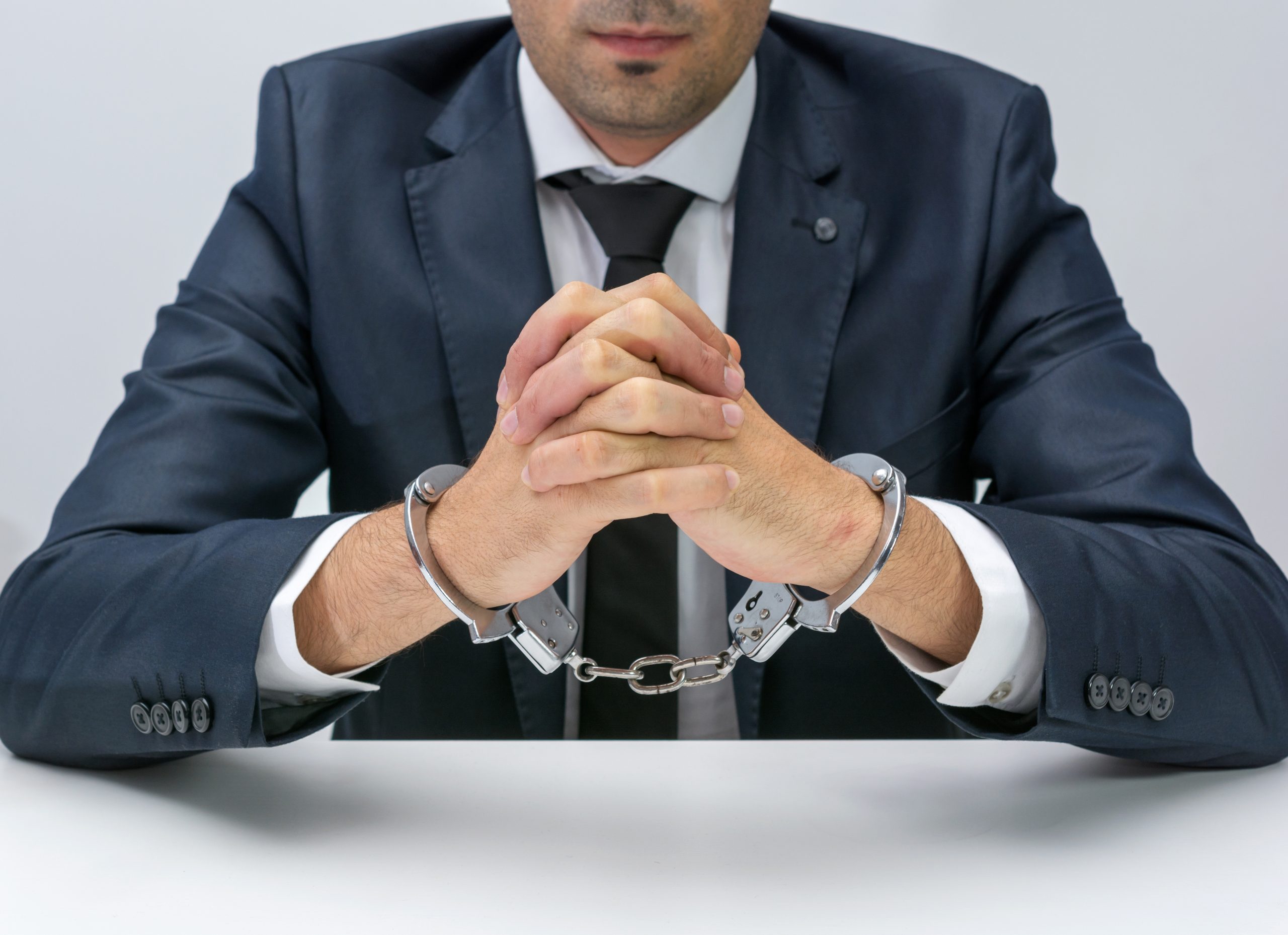Prosecutors and criminal defense attorneys are similar in terms of training and operate in the same judicial system. But there are some differences between the two professions. Find out in the following article. So, without further ado, let’s dive into this blog and learn some of the things you need to know about lawyers and prosecutors.
The Prosecutor

After a person is arrested, the case file and all the evidence collected are sent to the prosecutor’s office. The prosecutor will review the evidence and decide whether or not to pursue criminal charges. The prosecutor and his staff work to protect the public interest.
One of the most common misconceptions about the prosecutor’s office is that it represents the victims of a crime. It is true that the prosecutor works closely with victims and often takes their wishes into consideration, but he or she is first and foremost in the service of justice.
When dealing with a case, the prosecutor has to take into account the burden of proof and deduce whether it can be brought to trial or not. In other words, the prosecutor examines the admissibility of evidence. In addition, the prosecutor is bound by the principle of opportunity to prosecute. Faced with a case, he has four options:
-
- To close the case with no further action
-
- Refer the case to an investigating judge if further investigation is needed;
-
- Refer the case to a court of law
Decide on a so-called third-track solution, which leads to an alternative to prosecution. Given that before the courts, a person is considered innocent until proven guilty, it is up to the prosecutor to prove his guilt, not the defendant to prove his innocence. To do so, he or she must have sufficient evidence at all levels. Furthermore, every person has the right to a fair trial. If we take the case of car theft, the prosecutor must be able to prove the following points:
-
- The accused took or drove the vehicle
-
- The vehicle does not belong to the accused
-
- The owner did not give permission for the accused to take or drive the car
The accused intentionally intended to deprive the owner of the car. If these four points are not proven, the court must dismiss the case or take further criminal action.
The defense lawyer

Unlike the prosecutor, the defense attorney can be private or public. Thus, if a person cannot find a private attorney to take their case or cannot afford one, they will be assigned a public defender.
One of the first things the defense attorney’s team will do is file a discovery motion. This requires the prosecution to turn over all of the evidence it intends to use against the defendant to the court. Depending on the case, this may include the police report of the incident, a list of witnesses interviewed, recordings, etc.
From there, the defense attorney will review these documents, possibly depose the prosecution’s witnesses, and determine if there are any witnesses who can testify on his or her behalf. Unlike the prosecutor, the lawyer will build a case for his client’s defense. If he is guilty and the evidence is convincing, the lawyer may suggest that circumstances of self-defense, duress, and incitement, among others, be asserted. In some cases, the lawyer will negotiate a plea agreement in which the client agrees to plead guilty in exchange for a lenient sentence.
A defense attorney can most important thing in a criminal trial is to establish reasonable doubt. Since he does not have to prove his client’s innocence, he must find sufficient reason for the prosecution’s argument to be wrong. In sum, the main difference is that a prosecutor serves the public interest while a lawyer defends his client.
Sound off in the comments section below and tell us what you want to read next and if you want to read more about lawyers vs. prosecutors.

